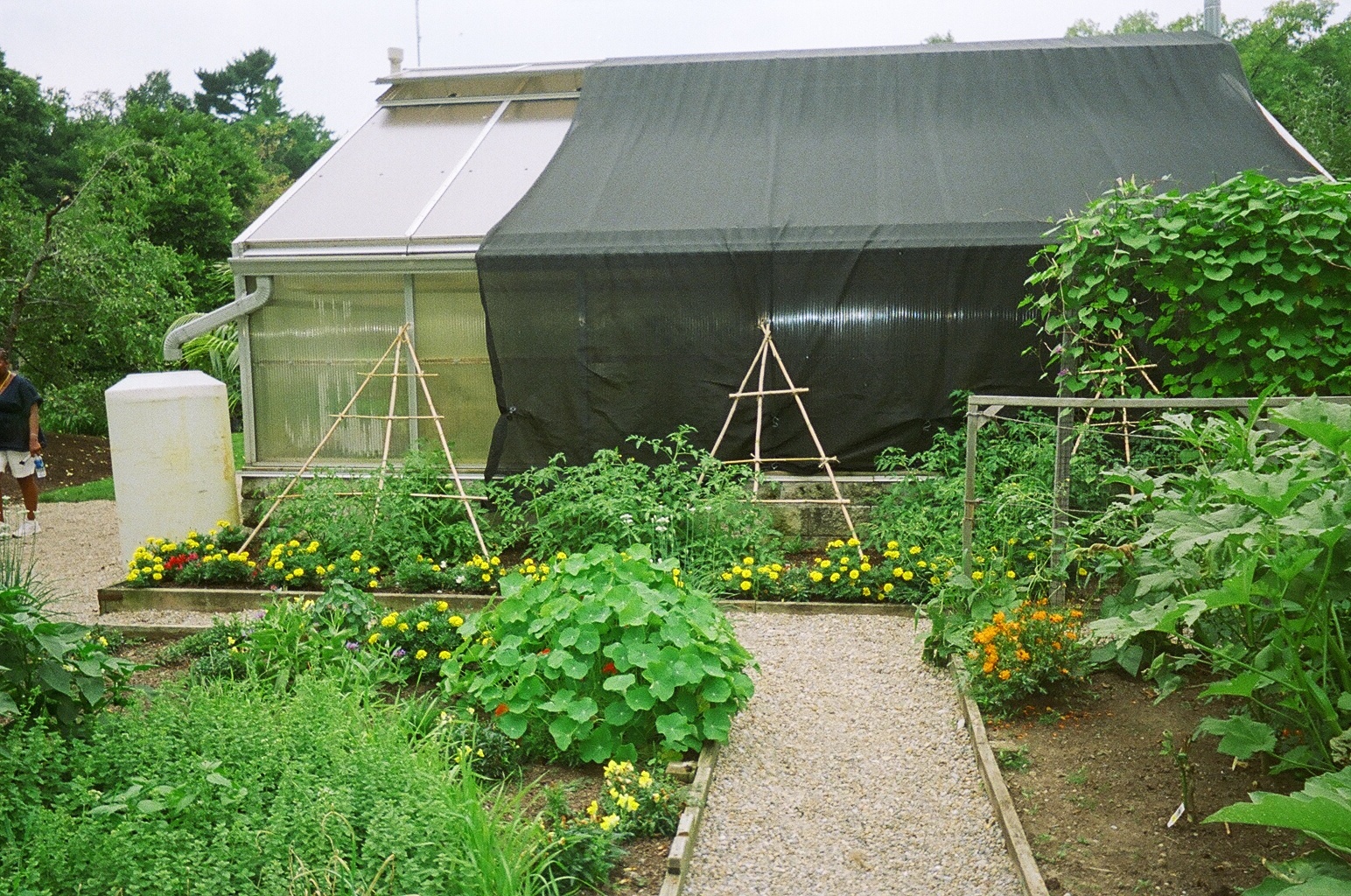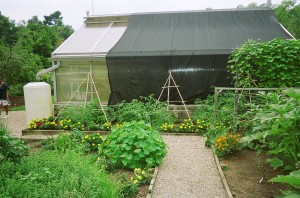
Consider Volunteering at a Local School
Before the new school year begins for the kids in your county, consider volunteering at your local school garden.
The following information has been adapted from the UF IFAS Florida school garden competition website article “Benefits of School Gardens”
School gardens offer benefits to volunteers and students that go beyond the classroom. They provide a platform for students, teachers, and members of the community to interact in an outdoor learning environment. This type of interaction creates opportunities for students to improve social skills and practice collaborative learning.
It is essential that school gardens are given proper care and maintenance. Giving students the responsibility to water and care for the plants instills in them a sense of accountability. Patience is another virtue that students practice through garden participation, as plants do not grow, flower, or fruit overnight.
As the garden grows and becomes fruitful, students will take pride in the efforts that they put forth. This pride can help bolster self-esteem and allow students to invest in the beautification of their school. In this age of urbanization, children’s contact with nature is limited. Thus, school gardens ensure student contact with the environment.
School gardens allow students to work in a non-threatening outdoor environment where they can interact and learn about nature. Studies have shown that students who are allowed to learn in an outdoor environment, such as a garden, have improved environmental attitudes.
School gardens are a wonderful and exciting way to make school subjects more interesting and meaningful. School gardens create a learning structure that allows for creative thought, active learning, and social skills. The garden is a living lab that can serve as an excellent resource to teach various subjects, while allowing students to learn in an environment that is atypical to the sterile classrooms to which most students are accustomed.
Teachers throughout the country are discovering how useful and educational gardening can be. School gardens should be used to teach practically every subject covered in an elementary school classroom. The garden is a perfect place for students to learn about plants, insects, weather, and many other science and math-related topics.
For more information on helping a local school garden programs, contact your county University of Florida / IFAS Extension Office, which should have a list of the schools in your area that are teaching gardening. Also remember to ask about the Farm to School Program, which has resources for school gardens.

